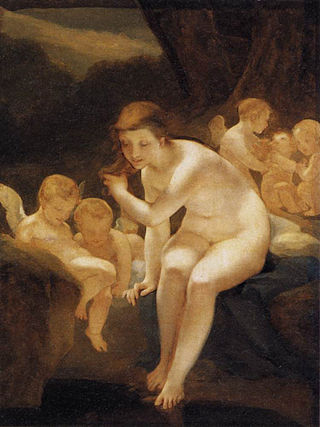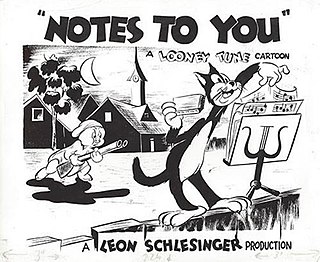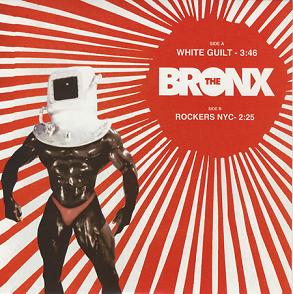
Guilt is a moral emotion that occurs when a person believes or realizes—accurately or not—that they have compromised their own standards of conduct or have violated universal moral standards and bear significant responsibility for that violation. Guilt is closely related to the concepts of remorse, regret, and shame.
Survivor(s) may refer to:
Black and White may refer to:
White guilt is a belief that white people bear a collective responsibility for the harm which has resulted from historical or current racist treatment of people belonging to other ethnic groups, as for example in the context of the Atlantic slave trade, European colonialism, and the genocide of indigenous peoples.

Brian Joseph Burton, known professionally as Danger Mouse, is an American musician and record producer. He came to prominence in 2004 when he released The Grey Album, which combined vocal performances from Jay-Z's The Black Album with instrumentals from the Beatles' The Beatles, also known as The White Album. In 2008, Esquire named him one of the "75 most influential people of the 21st century".
White night, White Night, or White Nights may refer to:

Innocence is a lack of guilt, with respect to any kind of crime, or wrongdoing. In a legal context, innocence is the lack of legal guilt of an individual, with respect to a crime. In other contexts, it is a lack of experience.
Self-hatred is personal self-loathing or low self-esteem which may lead to self-harm.

Guilt Show is the fourth studio album by American rock band The Get Up Kids. It was released on Vagrant Records on March 2, 2004.
Guilty or The Guilty may refer to:
Innocence is a lack of guilt, with respect to any kind of crime, sin, or wrongdoing, or else a lack of worldly understanding on sensitive issues such as crime and sexuality.
Investigation or Investigations may refer to:

Failure is a song by American rock band Sevendust from their fifth studio album Next. It was released as a single in 2006.
Little people may refer to:

Notes to You is a 1941 Warner Bros. Looney Tunes cartoon directed by Friz Freleng. The short was released on September 20, 1941, and stars Porky Pig.

"White Guilt" is a song by the Los Angeles-based punk rock band The Bronx, released as the third single from their 2006 album The Bronx. Gilby Clarke played additional guitar on the song, having produced the band's previous album The Bronx (2003).
Guilt most commonly refers to:

"Why I Love You" is a song by American hip hop artists Kanye West and Jay-Z, from their first collaborative album Watch the Throne (2011). The song features pop musician Mr. Hudson who is signed to West's GOOD Music label. "Why I Love You" heavily samples French house duo Cassius' 2010 single "I <3 U So", which itself is based upon a sample from the original 1971 version of "I Feel a Song " by Sandra Richardson. The song almost entirely features Jay-Z rapping and only contains a few lines provided by West. Lyrically, the song is about the people who have stood in the way of Jay-Z throughout the year and expresses themes of victory and anger. The song received generally positive reviews from music critics, who normally praised the production.
Gyasi Ross is a Blackfeet author, attorney, rapper, speaker and storyteller. He is the author of two books Don't Know Much About Indians (2011) and How to Say I Love You in Indian (2014) and he is a regular writer for The Huffington Post, Gawker and Indian Country Today.
"Laura" is a song written by Billy Joel that was first released on his 1982 album The Nylon Curtain.
This page is based on this
Wikipedia article Text is available under the
CC BY-SA 4.0 license; additional terms may apply.
Images, videos and audio are available under their respective licenses.







